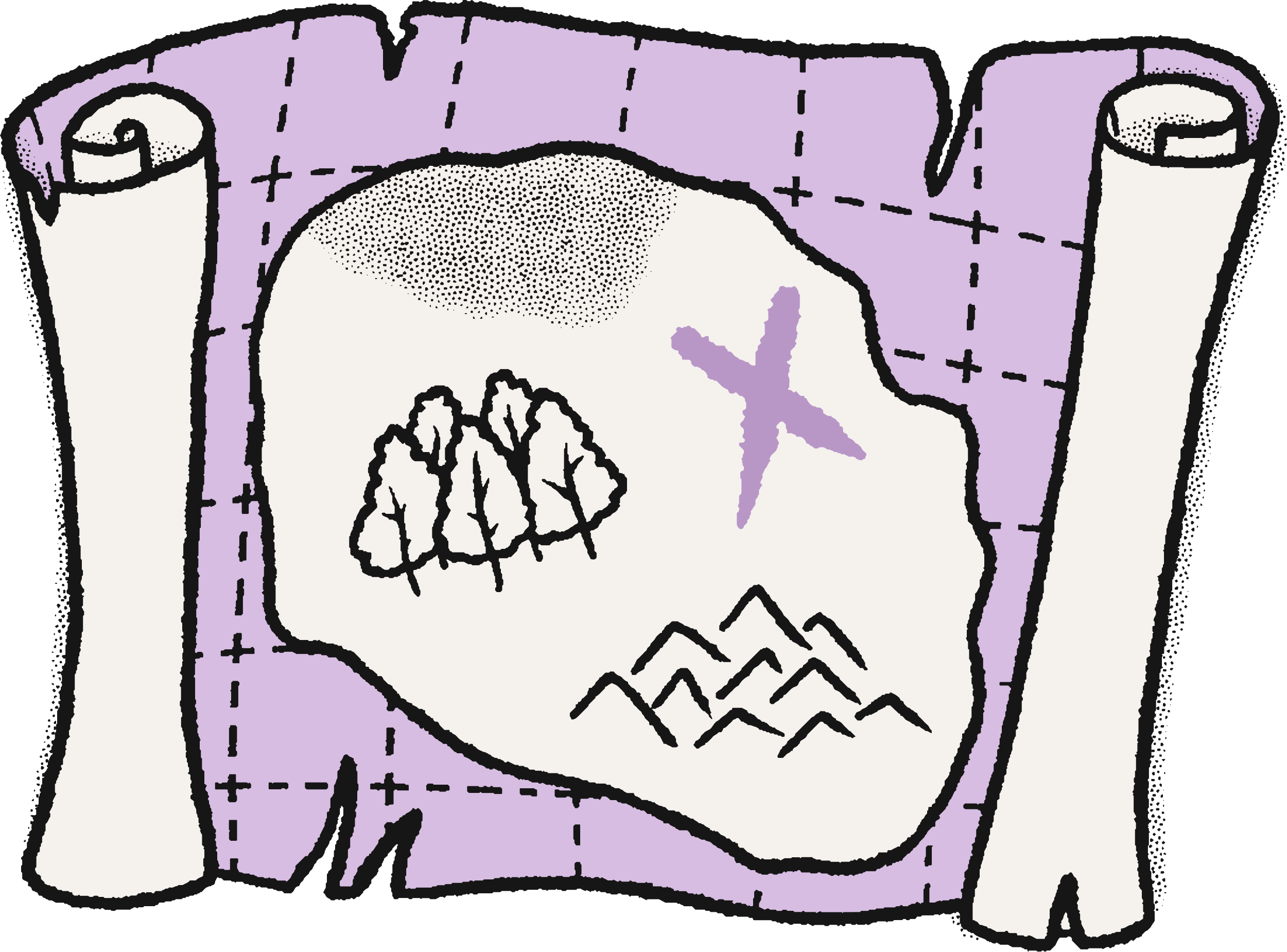Credit Crash Course
Everything you need to know before venturing into the world of credit

Many young adults leave home and want to get a credit card, but don’t quite understand how it works or the consequences that come with it. It is important to know how to use credit responsibly. Proper education can lead them to develop good credit habits, and help them avoid costly mistakes due to lack of information.
What we will cover:
- What is credit?
- Building credit
- Applying for credit
- What is a credit score?
- Repayment with interest
What is Credit?
Credit is the ability to borrow money or access goods and services that you will pay for later. In most cases, there is a cost for borrowing, typically in the form of fees or interest.
CREDIT CARDS ARE NOT FREE MONEY. YOU HAVE TO PAY IT OFF. If you don't, you will end up owing even more money.

Building Credit
When you become an adult, getting a credit card is a common way to start building your credit. Building credit means establishing a record of being responsible with credit—showing that you are reliable and will pay back loans that you take out. Paying off your credit will positively impact your credit score, and a good credit score can make it easier to get approved for future loans, credit cards, rental applications, and even jobs.
Applying for Credit
Credit comes in many forms, such as credit cards, loans, and mortgages. A consumer must apply for credit, and the lender will evaluate your creditworthiness based on factors like income, assets, and credit score. They will assess the risk associated with lending to you, and approve or deny your application based on the results.
If you are approved, you will be assigned a credit limit (how much credit you are allowed to use) or a loan amount, and an interest rate. Interest rates are usually better for people with higher credit scores because lenders are more confident they’ll receive their money back.
If you’ve never had a credit card or loan, you probably don’t have any credit history or a credit score. This can make it tricky to open your first credit card or loan, but there are lenders who specialize in lending to people without a credit file. Sometimes they require you to put down a security deposit to minimize their risk.
Ex) McKay applies for a student credit card with a low credit limit. She gets approved, and gets a credit limit of $500. This means that she can only borrow $500 at a time on that credit card. She goes to the store and buys $100 of groceries, which means she has $400 remaining until she can no longer spend on that card. She pays off the credit card later that night, and her available credit goes back up to $500.

What is a Credit Score?
A credit score is a three-digit number, typically between 300 and 850, that represents your creditworthiness or how likely you are to repay borrowed money. Lenders use credit scores to evaluate the risk of lending to you. Higher scores indicate responsible credit behavior and a lower risk, while lower scores suggest potential risk based on past behavior.
Here are some things you can do to build and improve your credit score:
- Open and responsibly use credit accounts. Start with something small, like a credit card, small loan, or a secured credit card.
- Pay your bills on time. Make all payments (including bills, rent, and loan payments) by the due date. Payment history has the biggest impact on your credit score.
- Use your credit cards, but keep balances low. Avoid maxing out your credit card, even if you’re paying it off every month. Your credit score will be most positively impacted when your credit usage is between 1 and 30% of the limit.
- Maintain Accounts Over Time: The longer you maintain credit accounts responsibly, the better for your credit score, as credit history length is also a key factor. Because you’ll benefit from keeping credit accounts open long term, avoid opening credit cards with annual fees in case you want to switch in the future.
- Avoid Too Many New Accounts: Opening multiple new accounts at once can lower your score temporarily, so be thoughtful about the accounts that you open.
Repayment with Interest
Borrowing money typically comes with a price, usually fees or interest. When you get approved for credit, you will get assigned an interest rate. A higher interest rate means you will pay more interest, a lower rate means you will pay less.
Ex) If you borrow $1,000 at a 5% annual interest rate, you’ll owe $50 in interest after one year, making your total repayment $1,050.
If you pay off your full credit card balance every month you can avoid paying interest, so most people sign up for credit cards with this intent. But be careful, since people tend to spend more when using credit cards than with cash or debit. Customers who begin carrying a balance (and paying very high interest) often do so after a job loss or large unexpected expense. This can be mitigated by building and maintaining a healthy emergency fund, and only making purchases you can comfortably pay off today.
Try Crew - banking for families!
Here at Crew, we want to give families the tools they need to be financially successful. We provide checking and high yield savings accounts for all members of a family. Our platform not only helps parents have a great banking experience, but also provides them tools to teach their children financial literacy. Download the app now and sign up for free.



